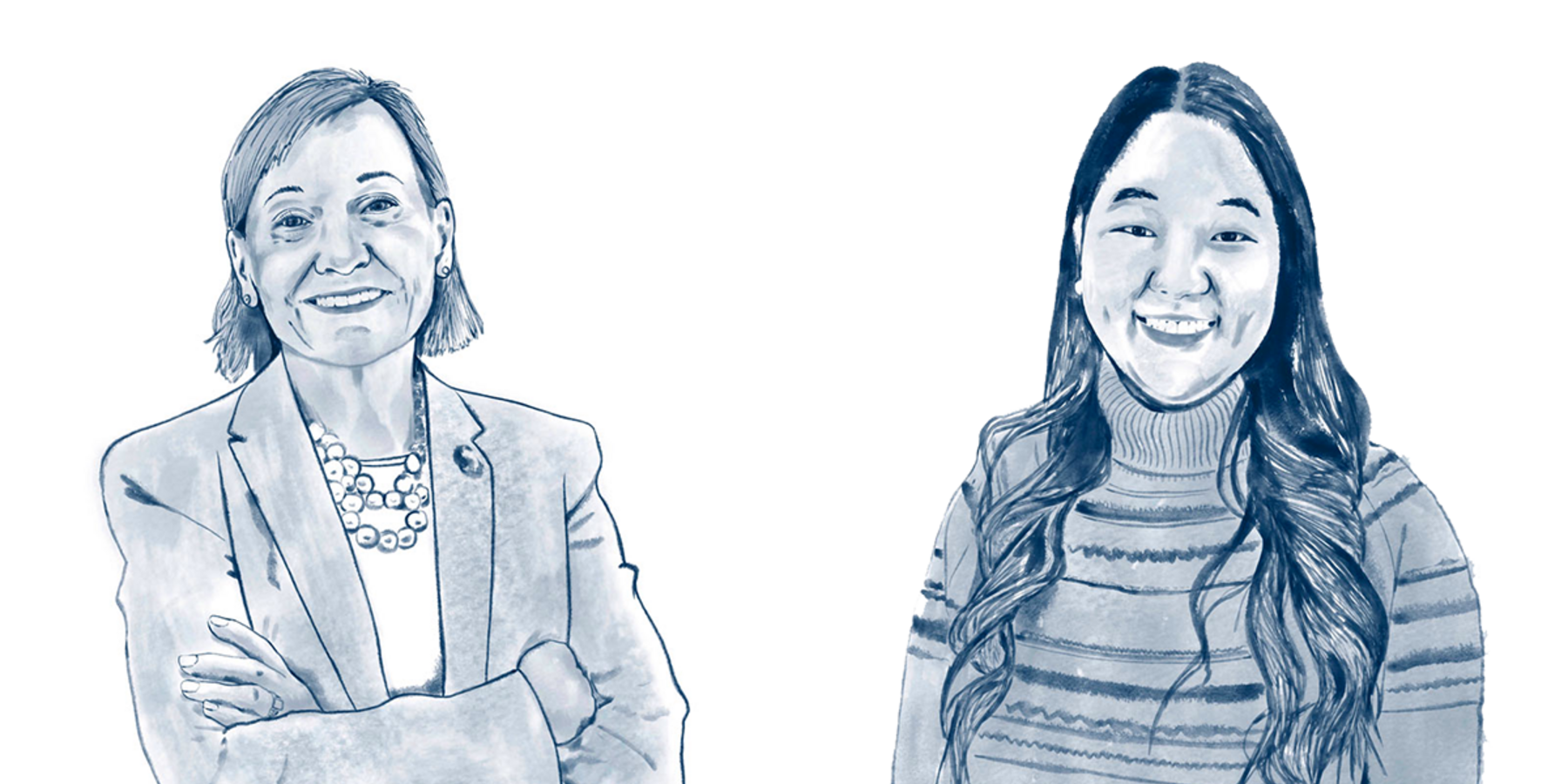Breadcrumbs
Optimizing Our Learning Environments
We have learned that wellness, respect and resilience can sometimes be in short supply in our learning environments. We don’t view this as acceptable or simply part of the learning experience. If we are going to promote these attributes – and professional values – within our working environments, they must be modeled in the learning environment. The Faculty of Medicine has established a number of goals intended to achieve this objective. They include:
-
Optimize our learning environments to deepen the integration of wellness, respect and resilience (focusing on optimizing our learning environments), including the promotion of professional values.
-
Ensure a learning environment that is welcoming and supportive across the continuum is integral to learner/trainee health and wellbeing.
-
Consider and address where possible how curricular structures and wellness/resiliency programming can enable and support the health and wellbeing of learners/trainees, faculty and staff.
-
Ensure there is clarity (and, where possible, harmonization/ integration) regarding relevant mistreatment policies, procedures, reporting practices/expectations, and corresponding supports.
-
Develop an integrated encounter/record information system.
-
Provide training/development opportunities to faculty, staff and students that is tailored to principles, roles and responsibilities.
2020 Highlights:
- Revised the process for reporting and managing reports of student mistreatment in the MD Program with plans to expand the process for Post MD learners in 2020-21.
- Pier Bryden was appointed to the revised role of Senior Advisor, Clinical Affairs and Professional Values, in the Faculty of Medicine.
- Reena Pattani was appointed to the new role of Director of Learner Experience, in the Faculty of Medicine.

On July 1, 2020, Patricia Houston [left] began the newly expanded role of Vice Dean, Medical Education. In this capacity, Houston supports the continuum of medical education provided at the University of Toronto — from outreach programs and pathways into our MD Program to continuing professional development programs for current physicians. Calandra Li [right] is a second-year MD student and the President of the U of T Medical Society.
Q: What underpins the optimizing our learning environments initiative?
Houston: There are four interconnected concepts involved here: one is mistreatment and how we manage that, second is wellness and resilience, third is professionalism – which is the flipside of mistreatment – and the last is equity, diversity, and inclusion, because we know from the data that a learner’s experience in the learning environment is different because of your gender, your race, your sexual orientation… and so on. They are different, but interconnected. We have to mindful of each and have supports available for each.
Q: Is respect something consistently shown to our learners across all of our learning environments?
Li: Even though I am learner, I know that I am not less than the people I am working with. And specifically, in my role as a leader, I do feel that I am respected and appreciated when I contribute my thoughts. I know my opinion and ideas are valid. Without learners, there is no learning environment.
Houston: Yes and no. Calandra is exactly right…. those of us in leadership roles are here because of our learners and the future of health care. Without learners, there will be no one to take care of me when it’s time! That said, we know from surveys and the data that learners do feel harassed… collectively we have all tolerated far too much disrespect and mistreatment over the years. This is a priority for me in my new role… to ensure we embrace the changes that are necessary so that we can all truly say we all belong.
– Liam Mitchell